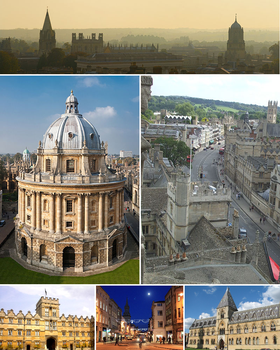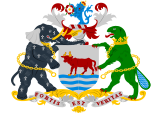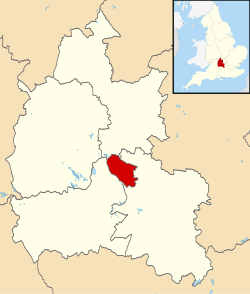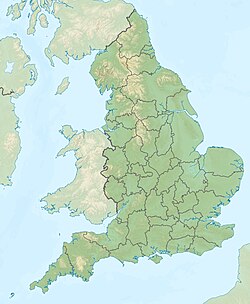Are you ready to unlock the mesmerizing power of your hips through belly dance?
Imagine yourself swaying gracefully, like a shimmering goddess, as the music fills the air. Welcome to the captivating world of belly dancing classes! In these enchanting sessions, you will embark on a journey that celebrates femininity, self-expression, and body confidence. The rhythmic movements of belly dance not only tone your core muscles but also unleash your inner sensuality.
During belly dance lessons, you will learn an array of techniques including shimmies, undulations, and isolations that will enhance your coordination and flexibility. Expert instructors will guide you through each step with patience and precision. As you delve deeper into this ancient art form, you’ll discover various styles of belly dance such as Egyptian, Turkish, and Tribal Fusion. Whether you’re drawn to traditional elegance or modern fusion moves, there’s a style that perfectly suits your unique personality.
So put on something comfortable yet alluring – perhaps a flowy skirt or hip scarf – and get ready to immerse yourself in the magic of belly dancing classes. Let loose, embrace your femininity, and ignite a fire within that will keep burning long after the music stops. Join us for an unforgettable experience!
About Oxford
|
Oxford
|
|
|---|---|
|
City and non-metropolitan district
|
|

From summit left to bottom right: Oxford skyline panorama from St Mary’s Church; Radcliffe Camera; High Street from above looking east; University College, main quadrangle; High Street by night; Natural History Museum and Pitt Rivers Museum
|
|

Coat of arms of Oxford
|
|
| Nickname:
“the City of Dreaming Spires”
|
|
| Motto:
“Fortis est veritas” “The truth is strong”
|
|

Shown within Oxfordshire
|
|

Oxford
Location within England
Show map of England 
Oxford
Location within the United Kingdom
Show map of the United Kingdom 
Oxford
Location within Europe
Show map of Europe |
|
| Coordinates: 51°45′7″N 1°15′28″W / 51.75194°N 1.25778°W / 51.75194; -1.25778 | |
| Sovereign state | United Kingdom |
| Country | England |
| Region | South East England |
| Ceremonial county | Oxfordshire |
| Admin HQ | Oxford City Centre |
| Founded | 8th century |
| City status | 1542 |
| Government | |
| • Type | City |
| • Governing body | Oxford City Council |
| • Sheriff of Oxford | Dick Wolff |
| • Executive | Labour |
| • MPs | Anneliese Dodds (Labour Co-op, Oxford East) Layla Moran (Liberal Democrat, Oxford West and Abingdon) |
| Area | |
| • City and non-metropolitan district | 17.60 sq mi (45.59 km2) |
| Population
(2021)
|
|
| • City and non-metropolitan district | 162,100 |
| • Density | 8,500/sq mi (3,270/km2) |
| • Metro | 244,000 |
| • Ethnicity (2021) | 54.0% White British 16.7% Other White 15.4% British Asian 5.6% Mixed Race 4.7% Black 3.7% Other |
| Demonym | Oxonian |
| Time zone | UTC0 (GMT) |
| • Summer (DST) | UTC+1 (BST) |
| Postcode |
OX1, OX2, OX3, OX4
|
| Area code | 01865 |
| ISO 3166-2 | GB-OXF |
| ONS code | 38UC (ONS) E07000178 (GSS) |
| OS grid reference | SP513061 |
| Police | Thames Valley |
| Ambulance | South Central |
| Fire & Rescue | Oxfordshire |
| Website | www.oxford.gov.uk |
 |
|
Oxford is a city in England. It is the county town and unaccompanied city of Oxfordshire. It had a population of 162,100 at the 2021 census. It is 56 miles (90 km) north-west of London, 64 miles (103 km) south-east of Birmingham and 61 miles (98 km) north-east of Bristol. The city is house to the University of Oxford, the oldest university in the English-speaking world; it has buildings in every style of English architecture since late Anglo-Saxon. Oxford’s industries adjoin motor manufacturing, education, publishing, information technology and science.
History
The history of Oxford in England dates encourage to its original settlement in the Saxon period. Originally of strategic significance due to its controlling location on the upper reaches of the River Thames at its junction subsequent to the River Cherwell, the town grew in national importance during the beforehand Norman period, and in the late 12th century became house to the fledgling University of Oxford. The city was besieged during The Anarchy in 1142.
The university rose to dominate the town. A heavily ecclesiastical town, Oxford was greatly affected by the changes of the English Reformation, emerging as the seat of a bishopric and a full-fledged city. During the English Civil War, Oxford housed the court of Charles I and stood at the heart of national affairs.
The city began to ensue industrially during the 19th century, and had an industrial boom in the to the lead 20th century, with major printing and car-manufacturing industries. These declined, along with further British oppressive industry, in the 1970s and 1980s, leaving at the rear a city which had developed far more than the the academy town of the past.

